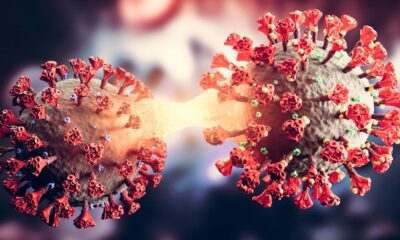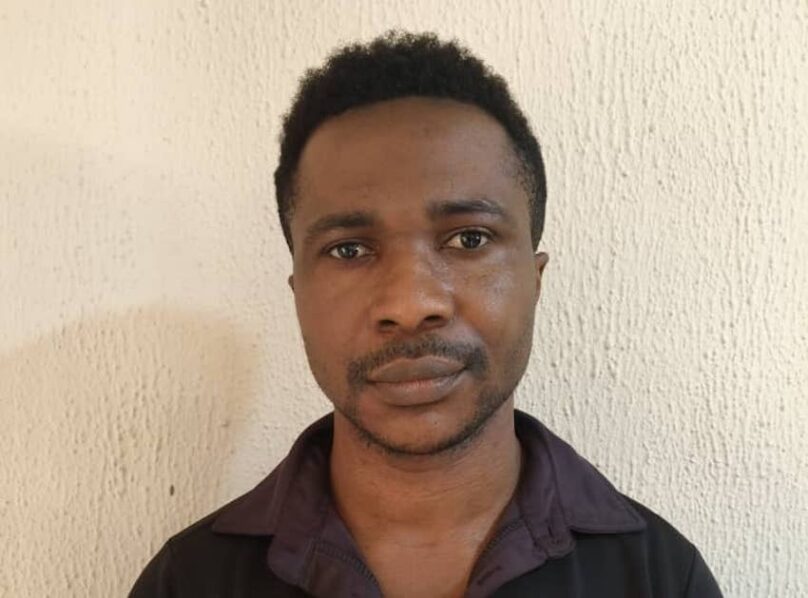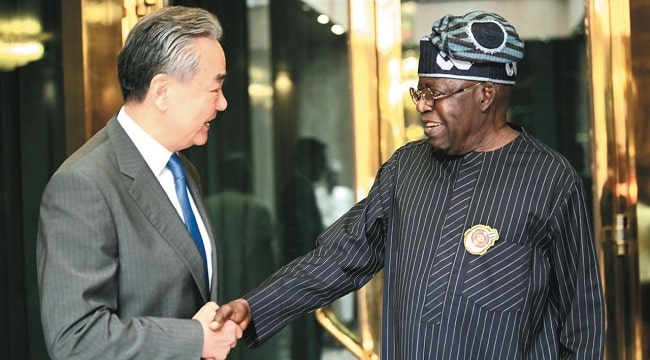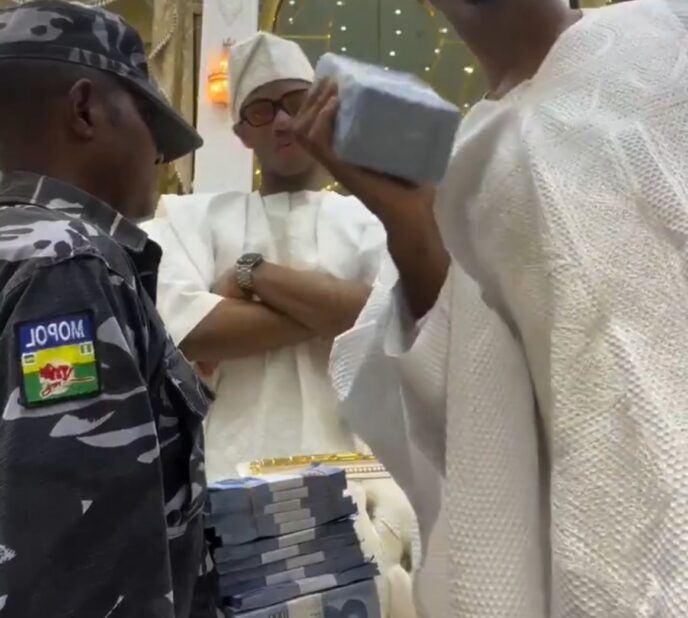National Agency for Food Drugs and Administration Control (NAFDAC) has started working on coronavirus potential remedy drugs submitted by Nigerians, its Director-General (DG) Prof. Mojisola Adeyeye said yesterday.
The DG explained that the submissions were made after the agency called for expression of interest for the COVID-19 related medicines from researchers and practitioners.
The NAFDAC DG, who spoke on a television programme, said the four applications submitted would undergo “due diligence”.
The DG also said instead of spending huge amount of money to get the COVID Organic from Madagascar, she would prefer such money to be spent on herbal remedies produced in Nigeria.
Also, yesterday Minister of Health Dr. Osagie Ehanire, said the Federal Government is conducting a study on the efficacy of some drugs to treat patients who tested positive to COVID -19 in five centres in the country.
He said: “As I said before, there is a study being done on the efficacy of some drugs by about five centres in our country and hydraulic chloroquine is one of them. When the result comes out, I will share with you.
Prof. Adeyeye said: “I made a call for people to submit their application and I believe we have about three or four now and we are going to expedite the processing because it takes a while for us to go through the laboratory testing and what not but I have already given the directive to expedite.
“So, where we are right now is just to make sure that the information submitted is okay and by the end of the week, we may be sending these samples to the lab after we must have gone to inspect the site where the products are made because we don’t want a product that somebody will take and the person will start vomiting.
“So, we will go and inspect the site to make sure that whatever sample we are going to get must have been prepared in an environment that will not make the drug to compromise the health of the user.”
On the criteria that a remedy must meet before it is presented to NAFDAC as a possible cure or drug, she said: “If somebody says he or she has a remedy for COVID, first of all, we want to know the history of the plant or the family the plant belongs to, background information on the botanical characteristics of the plant, we will also want to know whether the plant has been used for anything before because sometimes, we use one plant for several diseases and the usage will be different for a particular disease.
“We will also ask for any written or published document about the plant because the plant may not come from Nigeria and it may be available in other climes. So, we want to ensure that we get enough information and once that application is submitted with the information, then we will start the process and part of the process involves inspecting where the medicinal product was prepared to be sure that it is not going to compromise the health of the people.
Commenting on the Madagascar COVID Organic and the request by Madagascar for Nigeria to pay over €170,000 on a drug that is yet to be validated, she said: “I was made to understand that it has a plant called Artemisia and we have Artemisia in Nigeria which is an anti-malaria plant.
“I believe that it is better for us to spend the money in clinical trials on our own product than to spend that money on COVID Organics. That does not mean that we will not check the safety in NAFDAC. We will do all the due diligence because we do that anyway for any product that is submitted to us.
“We give two-year approval if everything is okay with that product and we will do that with COVID Organic but in terms of a clinical trial, it takes a longer time for a clinical trial because first; you have to have a hospital that its ethics board have to review the protocol that is submitted and once the hospital is okay with the clinical protocol, it has to come to NAFDAC, where we will do our own due diligence in terms of the clinical protocol.
“So, it takes a while to get all these through and you have to also look for COVID patient and that is another logistics that may take time. So, that is why it is better for us to use that money to do our own local herbal medicine that may have the same effect.”
The minister said some of the COVID -19 deaths recorded so far in the country was as a result of the decision of educated and well – to – do people to chose home-based care treatment.
The government said these people develop sudden complications and get rushed to the hospital for treatment from where they died from the virus.
It said although Nigeria’s COVID-19 deaths were low, the disturbing picture emerging from statistics was that not only are most fatalities observed to be linked with preexisting diseases, many are educated, well-to-do people, who died of the virus as a result of complications.
As of the time of this report, Nigeria has recorded 191 deaths in 26 states and the Federal Capital Territory, (FCT), Abuja.
The minister warned against resorting to self-medication as this could complicate their conditions.
On sanitizers, the minister said: “You see a lot of sanitisers out in the market, and research carried out by our institution showed that not all of them are up to standard. So in buying sanitisers, there is an advisory that must be shared.
“One, you must lookout for the NAFDAC number. Secondly, it should have a place where the ingredients are displayed and among these ingredients, you must see that it contains a minimum of 60 per cent of alcohol. So if it is anything different from that, the sanitiser will not do the work you expect it to do. Usually, the alcohol can be up to 70 per cent.”

 BIG STORY2 days ago
BIG STORY2 days ago
 BIG STORY5 days ago
BIG STORY5 days ago
 BIG STORY4 days ago
BIG STORY4 days ago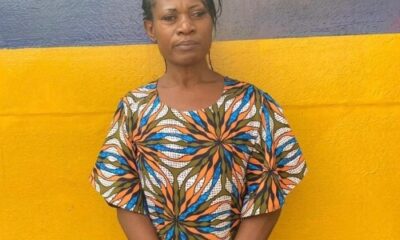
 BIG STORY19 hours ago
BIG STORY19 hours ago
 BIG STORY4 days ago
BIG STORY4 days ago
 BIG STORY3 days ago
BIG STORY3 days ago
 BIG STORY3 days ago
BIG STORY3 days ago
 BIG STORY4 days ago
BIG STORY4 days ago









